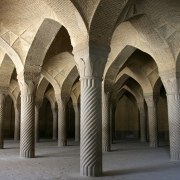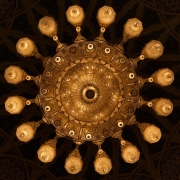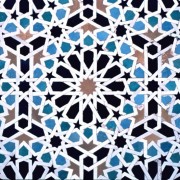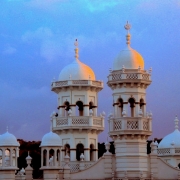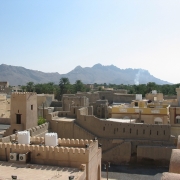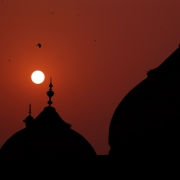“Decolonizing the Muslim Mind: A Philosophical Critique,” Philosophical Forum 55 (2024): 353–375
The crises of the Islamic world revolve around “epistemic colonialism.” So, in order to decolonize the Muslim mind, we must be able to deconstruct the Western episteme, and this involves dissociating ourselves from the Eurocentric knowledge system that gradually became ascendent since the Renaissance through such ideas as progress and modernity. However, this does not mean we need to discontinue dialog with Western thought. Rather it means retrieving and reviving our own intel- lectual heritage and being able to think with the categories and concepts derived from that heritage. But in light of the postcolonial situation where the intellectual and linguistic connection with one’s own tradition is severed, this is a tremendous challenge. What is more, many Muslim intellectuals simply think that Islamic heritage has little relevance to address contemporary challenges. Yet unless Muslims are able to ground their self-identity in their own intellectual tradition, they will be held captive to the web of epistemic colonialism. They might be comfortable offering their prayers as Muslims, but their mental ambience will be permeated by devastating, Eurocentric ideas. They will hardly be able to overcome their fragmented self-image.
Imagine living in an old Riad in Fez, a Haveli in Lahore, or another traditional house, and then being forced into ugly high-rise apartments. These modern buildings might offer amenities like swimming pools, fitness centers, and private outdoor spaces, but their all-glass structures lack the traditional windows that connect people to the natural world of heat, light, and sound. Moreover, the sealed and glazed facades increase heating and cooling loads and create issues with glare and thermal comfort. Although people may still possess beautiful artifacts from their old homes, such as window panes, oil lamps, and plant pots, they no longer understand their language and meaning in a new context. In a word, the new setting radically alters the rhythms of life, work, and thought. And this is analogous to what has happened to the Muslim mind; its very architecture has been fundamentally transformed. Sadly, the current generation, with its fragmented self-image, often does not care to explore their historical identity and the importance of this knowledge in constructing a present self-identity


